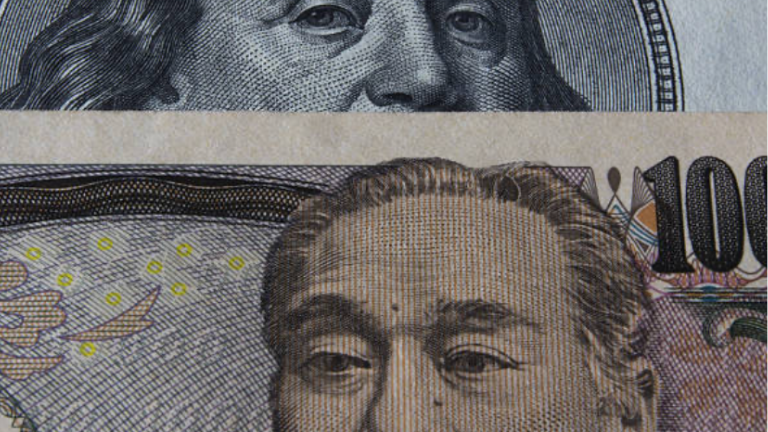Foresight
Why the yen is falling despite rising interest rates

In a historic move, Japan raised interest rates for the first time in 17 years. Yet the yen continues to fall.
A weak currency is a boon to exporters’ profits, but by driving up import costs, it can weigh on Japanese households. According to a Reuters survey, here are the reasons why the currency is falling despite rising interest rates.
- Speculative effect of the interest rate hike announcement
The historic announcement of the Bank of Japan's exit from negative interest rates led to rapid market anticipation. As a result, the yen fell by over 1% on the day of the announcement.
- Yes is the lowest-yielding currency in the G10
The yen's low yields make it ideal for carry trades, in which an investor decides to borrow in a low-interest currency and then invest the proceeds in a higher-yielding currency.
Investors are now betting on the fact that Japanese interest rates will not rise rapidly, thus promoting carry trades in the yen.
- Cash of major Japanese investors
The yen is deprived of the support of repatriation flows. Indeed, low interest rates are remunerative enough for large Japanese investors, who prefer to stay abroad. Foreign investors hold around $3,000 billion in foreign bonds and yen.
Among the largest financial companies, Japan Post Bank and Japan Post Insurance have declared that they will not change radically in response to the change in monetary policy.
- Uncertainty surrounding public intervention
Currently at 151.27 to the dollar, the yen appears very close to the 151.94 level that triggered intervention in 2022. The risk would therefore be that the Japanese Ministry of Finance would intervene to support the yen, with limited success. The markets therefore seem to fear this new public intervention.
